Dear Happy Investor, would you like to know how to start forex trading? We understand the idea. Forex trading is fast, fun, and possibly even very profitable. Unfortunately, more than 85% of forex traders lose money. This starts with a lack of knowledge of the high risks involved. Other factors also play a role. As with anything, we can get better at forex trading. A good start is half the battle. However, we would strongly recommend NOT to start with forex trading. Do you want to start anyway? Then follow the tips from this article to help you.
Let’s begin
Contents:
What is Forex Trading?
Forex Trading means exchanging one currency for another for certain reasons like buying goods and services, tourism, etc. The pricing of one currency to another fluctuates for many economic reasons, but we consider the simple factor of supply and demand to keep it easy. In fact, this works more or less the same as with investing in crypto. There too, supply and demand play a decisive role.
In the beginning, banks and financial institutions could trade and earn with currency gaps. With time, markets evolved, and the foreign exchange markets came into being, providing an opportunity to earn from the differences of currencies. Though big financial giants still occupy the major chunk of the forex market, individual investors find their way to speculate, hold, and trade the currencies over-the-counter (OTC).
How To Start Forex Trading?
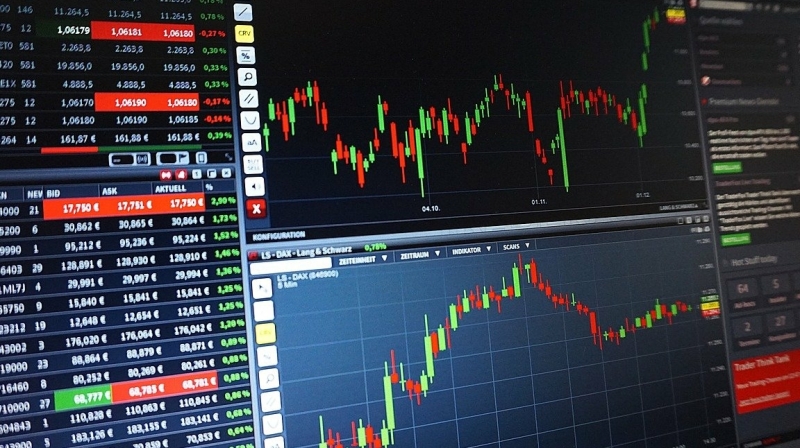
Being a beginner in forex, you can follow the following steps for a better start with forex trading. These steps will get you started the first time right. Also, we will share tips on not only how to start forex trading, but also to improve your odds. Please be aware that forex trading is a very risky investment. In fact, we do not recommend to start with forex trading at all!
Learn how to start in Value stocks instead. Yes, this might be boring for you, but the rate of success is way higher as Value investing is a skill rather than luck. Perhaps the best stocks at this moment can help you get started.
Let us now continue with how to start with forex trading. Following these steps help you improve your odds.
7 steps to start forex trading
7 steps to start forex trading as a guideline.
1. Learn Forex Trading before you start
Before you start forex trading, enhancing your learning abilities is crucial. Learning the forex terminology besides the way how forex works are a must. Learning forex terminologies is helpful throughout your trading career. You can't even talk to a prudent trader if you do not know key forex terminologies. When you have a basic understanding of forex terms like pips and lot size, you will read from forex books and understand from video tutorials. [1]
Learning in forex is not restricted to terminologies merely; there is an endless stream of learning in forex if you seek a career in it.
The next stage is to learn about currency pairs. When you get into the forex market, you will find the impact and importance of currency pairs. It is essential to learn about the currency pairs you wish to trade. The currency pairs with the highest daily trading volumes are EURUSD, GBPUSD, GBPJPY, USDCAD, USDJPY, and AUDUSD, traded primarily worldwide.
You'll be surprised to know that 90% of the beginners can catch moves earlier in their careers in major currency pairs with some market analysis based on a specified set of priorities.
2. Look for a Reliable Forex Broker
A significant volume of currency trading is done for international goods/services trade between banks and financial institutions. As an individual, you will need a forex broker to kick start forex trading because you can't deal on a larger scale. Forex Trading with a broker implies speculating on the price movement without physical ownership. But before that, it is a must to search for a reliable broker. A trustworthy broker can be judged on the scale of its age in the market, protection provided, customer service, and the repose he had to its client in decline. It is also essential to check out the coverage and compensation they offer in bankruptcy.
There are many forex brokers, such as Forex.com, eToro, NAGA, and more.
Want to know more? Compare the best forex brokers
3. Knowing the Economy
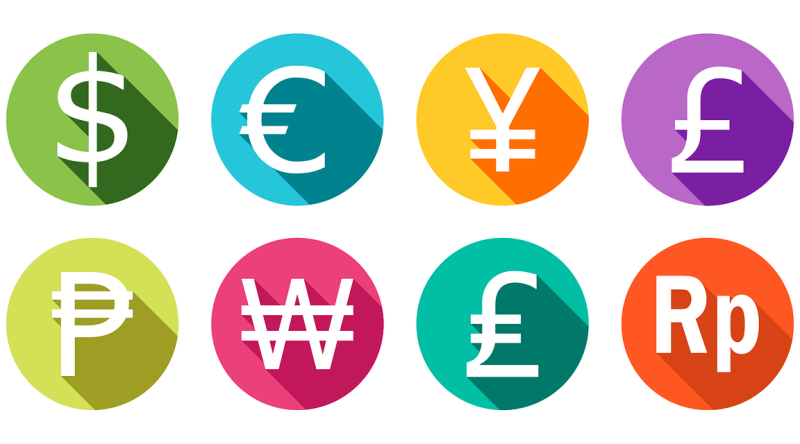
Since forex trading involves forex currencies, it is mandatory to know what's happening in the currency economy. It has a significant impact on currencies' price movements. Never leave any market update for granted, for it may impact the trade you will take the next day. Similarly, major economic decisions taken by the world's financial leaders affect the forex market. Noticing the impact of the crucial economic decision is worthy of being a prudent trader. Analyzing the impact of key economic indicators could be a powerful tool for a trader.
4. Build a Forex Trading Plan
Without a trading strategy, trading in the forex market is merely speculation. A trading plan enables you to control your emotions. You keep repeating your trading plan by predefining your entry and exit points. You plan what proportion you will invest your capital on a specific pair in what time chart. A handful of fundamental and technical knowledge allows you to make a certain trade plan. You can modify your trading plan by reading the current economic positions of an economy. The previous trends support in anticipation of currency price movements.[2]
5. Choose the Forex Trading Platform
The trading platform provides you with the necessities and tools that help you anticipate the trade. It does not mean that you will win a trade every time, but it helps you in market reading. There are broker-supported platforms for web, browser, and mobile. Occasionally brokers offer third-party MT4 and MT5 platforms to do forex trading. MT4 is a famous and user-friendly trading platform.
6. Deposit your Money
After choosing the trading platform, it's time to deposit your money. While selecting the broker, it is wise to check out the deposit and withdrawal options. Then go for the one that suits you the best. The deposit and withdrawal may take time. You can check out the required time on the selected broker's website or customer service. Moreover, some brokers charge on deposits and withdrawals. It is necessary to deeply go through the terms and conditions before depositing your money.
7. Kick Start by Opening your First Position
After you have completed all of the preceding procedures, it is time to start your first trading position. Make a strategy for the opening and closing positions, as well as for the entry and exit pathways.[3]
7 Tips To Start Forex Trading
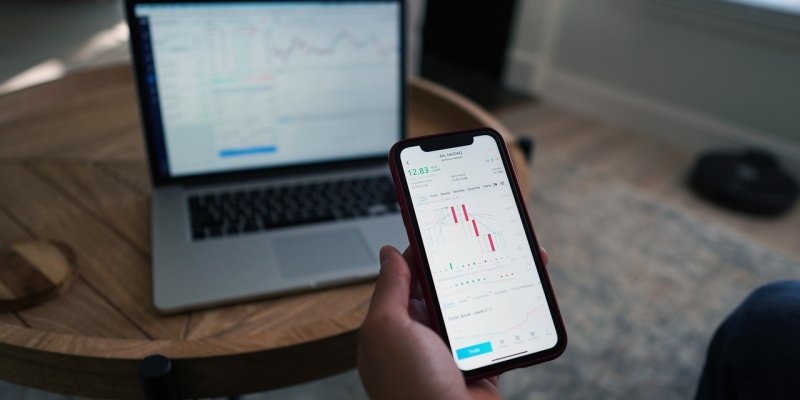
It's wise to learn from the experience of a successful trader. We have concluded the following vital tips that every beginner must take care of while starting their forex trading career:
- A beginner must be well-equipped with market knowledge, news, economic indicators, and their impact recorded in the past. The curiosity of detail learning must be your key focus.
- Every beginner must practice their strategies on demo accounts typically provided by brokers on MT4 and MT5 platforms. If you are successful and winning trades as per your plan, go for the actual currency market.
- Prudently chose the broker. There are hundreds of brokers out there attracting you by offering you some attractions. Broker's reliability and compensation standard must be your key priority. So never select a broker in a hurry; it may cost you in the future.
- Even after practicing enough on a demo account, you must refrain from putting all your money at stake. Forex Trading is a high-risk market. You will see the disclaimer on every broker's website. Test small chunks of total capital and then keep growing steadily.
- Diversify your portfolio to minimize the risk factor. Never put all eggs in one basket. Forex market offers many currency pairs to invest in when you have choices available.
- Keep yourself updated with the news and latest technologies implemented in the forex market. For that, you can subscribe to any of the top-notch forex channels that are free of cost.
- Trading in financial markets is an emotional roller-coaster. One day you are at the top, and the other day you are in the depth of an ocean. Take your guard up, keep high your morale and be consistent with your plan.
How Does Forex Trading Works?
Foreign exchange trading works with an expectation to earn profit by predicting the value of one currency compared to another. For example, a forex trader buys US dollar (and sell Australian Dollar) in the case that if he expects that in the future, the US Dollar will buy more Australian Dollar.
For a layman, forex trading could be speculation merely. But, when you deep dive, you will find that pricing fluctuations are for certain reasons. The key economic indicators, news, major economic decisions, fixing of interest rates are a few factors that make the price fluctuations besides simple demand and supply rule. Political decisions also impact the currency market.
What a Beginner Needs to know about Forex
Forex Trading is a risky trait. It is not a piece of cake. You have to equip yourself and be educated with market norms, forex terminologies, trading platforms, and defining your positions. You have to practice your mind and keep your emotions under control.
Being a beginner, you need to know the following key points.
Know about popular currencies as forex trading beginner
Forex Trading has some standards followed in every corner of the world. There are forex majors and forex minors. Every currency pair is assigned with the 3 digit code and represented in pairs. In total, there are 170 currencies in the market open for trading. But following 7 currency pairs occupy 75% of the total market share.
- EURUSD
- USDCHF
- AUDUSD
- USDJPY
- GBPUSD
- AUDUSD
- USDCAD
- USDCHF
- NZDUSD
How to Interpret the Currency Pairs
Both currencies' exchange rates are represented as a single currency pair. In the present case, you take AUD/USD currency pair as an example. You can interpret this currency pair as follows:
- AUD(Base currency)/USD(Quote Currency)
- In AUDUSD currency pair, the exchange represents the amount of USD which is required to buy 1 Australian Dollar
- In our case, if you see the quoted price for AUD/USD=1.3, this implies that 1.3 USD is equal to 1 AUD.
Methods to Trade Forex
The majority of forex traders don't exchange currencies for international trade or tourism or purchasing goods as the primary motive. Instead, they're made to predict how the price of a certain currency will change in the future like you would with stocks. Like stocks/shares traders, forex traders buy or sell currencies that they think will rise in value or they think, will fall in value.
However, there is a big difference with stock investing. A strong company can perform excellently in the long run, regardless of macro-economic developments (unless they are extreme cases). In the case of currency pairs the forex trader should mainly look at the macro-economy. From that angle, he'll try to predict whether a certain currency will become more valuable compared to another currency.
That's why beginning with forex trading isn't that simple. It requires knowledge of macro-economics as well as political policy. On the other hand: it is possible!
Concerning the goals of a forex trader, these are the types of market one could trade.
The Spot Forex Market
In the spot forex market, traders trade currencies via Over the Counter (OTC) from brokers and exchanges. The exchange rates are offered in real-time. This can depend on many factors, such as the number of people willing to buy and sell.
The Forward Forex Market
In addition to trading, forex traders can also make a deal with another trader and agree to exchange a certain amount of money at a certain price in the future. This is known as a "binding" deal.
The Futures Forex Market
The future market is carried on an exchange. Traders may choose a typical contract that commits them to buy or sell a certain quantity of money in exchange for a specified exchange rate at a specific time in the future.
Forex Trading Risks to Consider
Everyone talks about heaping profits of the forex market, but it involves high risk with high profits. To get on the forex market, one must know that it is risky to handle as you may suffer financial and emotional losses. Unlike conventional business or trade cycle, forex trading is shorter than getting instant profits and losses. Summing up, the following potential risks are involved while dealing in forex trading.
Volatility Risk
The forex market is highly volatile. It is not easy to figure out the right currency movements as hundreds of factors affect currency pricing. A single strategy no longer works for longer periods.
Leverage Risk
The vast majority of foreign exchange trading instruments are highly leveraged. Although you only pay a fraction of the total value of the transaction upfront, you are still accountable for the whole amount.
Solvency Risk
While dealing in Forex, you have to opt for a broker. Broker sometimes gets solvent due to major economic turnovers. In that case, all your money will be at stake. You better search for the brokers from all aspects and then choose the best one that aligns with your set of priorities.
Slippage Risk
When a trade order is completed at a price that differs from the desired price, this is referred to as slippage. This often occurs during moments of extreme volatility and periods when orders cannot be matched at targeted pricing. So there is always a slippage risk when dealing with forex trading.
Scams and Fraud Risk
When you are new to forex trading, you will see many brokers' ads everywhere online. Every broker claims to be the best. But when it comes to practicality, things get different. You may face a lot of frauds and scams in any online platform, and so does in the forex market that involves bulk financial turnovers. So it requires to be extra smart in selecting any platform.
So, how will you start forex trading? Please let us know if you have any questions.
[1] https://www.europeanbusinessreview.com/how-to-start-forex-trading/
[2] https://www.ig.com/en/forex/how-to-trade-forex
[3] https://www.ig.com/en/forex/how-to-trade-forex

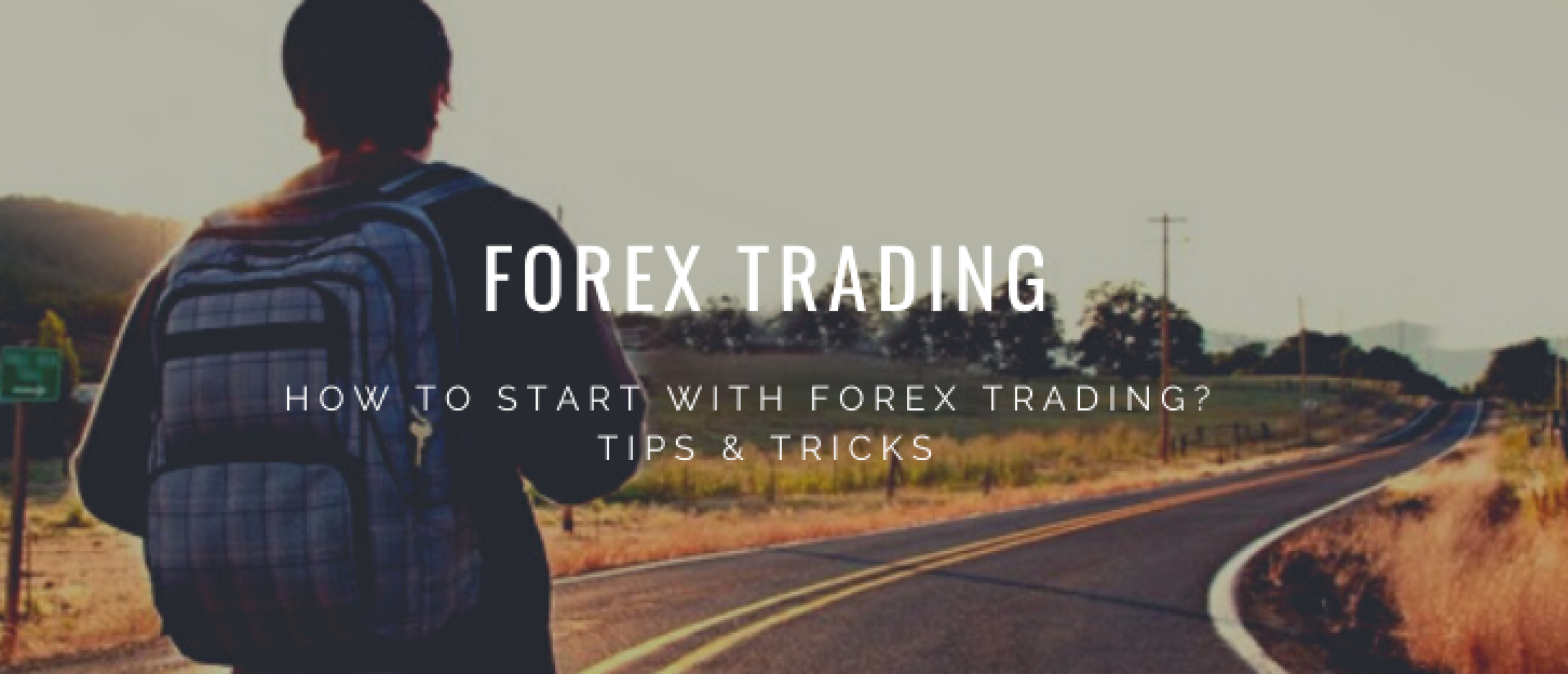

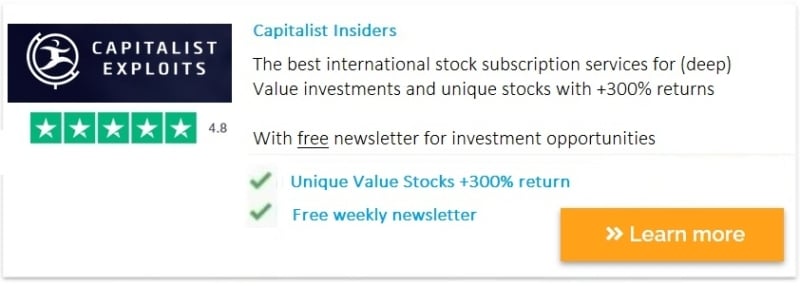
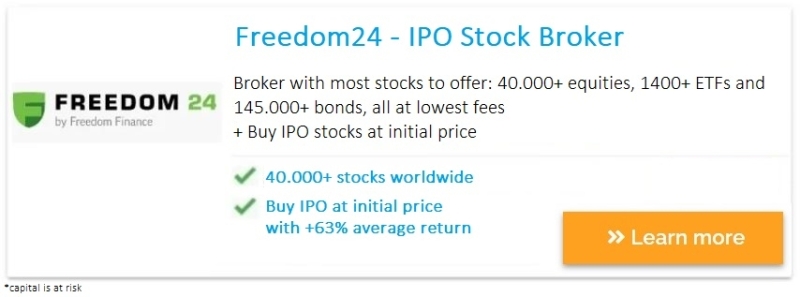
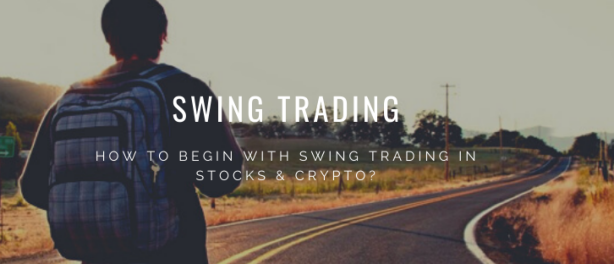
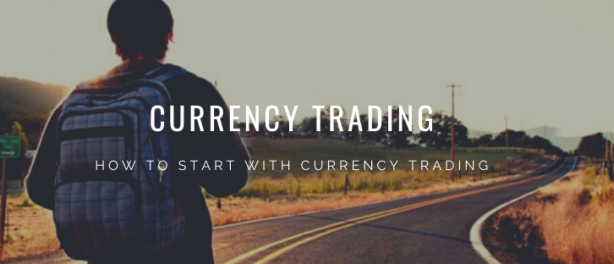
![4x Crypto Trading Strategies That Work [2022] Tips & Basics](https://media-01.imu.nl/storage/thehappyinvestors.com/4861/responsive/5953821/crypto-trading-strategies-2560x1100_614_264.png)
![Best Forex Brokers: TOP 9 Forex Trading Platforms [2022]](https://media-01.imu.nl/storage/thehappyinvestors.com/4861/responsive/5908952/best-forex-brokers-comparrison-2560x1100_614_264.png)
